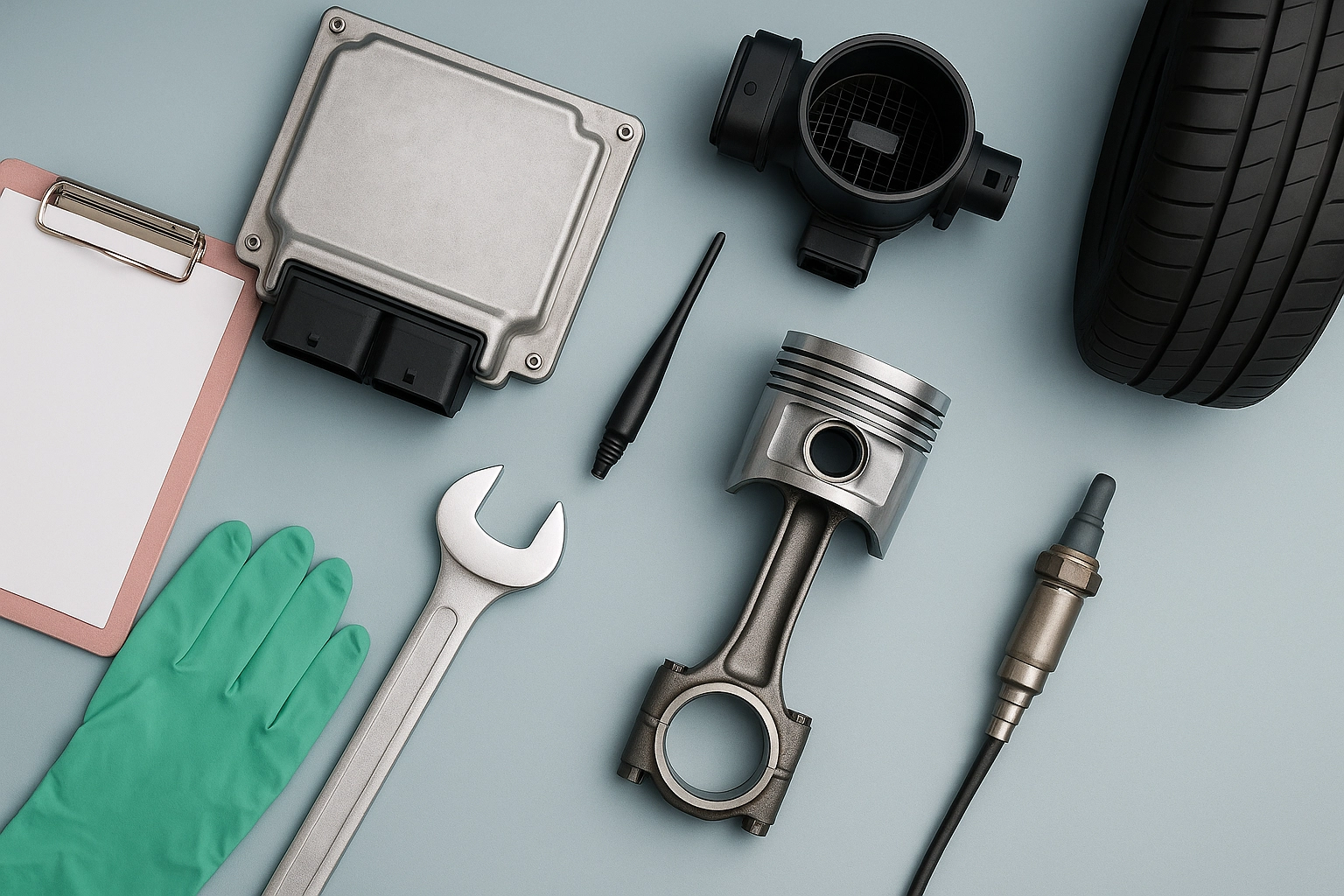SAE J3247 Engine Cold Start Performance Verification
The SAE J3247 standard specifies a comprehensive procedure for verifying cold start performance of automotive engines. This service ensures that the engine can achieve its operating temperature and operational parameters within specified limits, thereby ensuring reliable startup under cold conditions. The test is crucial as it evaluates how well an engine performs in real-world scenarios where ambient temperatures are low.
The SAE J3247 protocol addresses several key aspects of cold start performance including the ability of the fuel system to deliver a sufficient amount of fuel to the combustion chamber, the ignition timing and spark quality, and the crankshaft speed and temperature. The test is performed in controlled environments that simulate real-world conditions, which include specific ambient temperatures (e.g., -20°C) and a prescribed warm-up period.
The testing process involves several steps designed to mimic the cold start conditions of an engine under actual driving situations. First, the engine is brought to a specified temperature below its operational threshold. Then, it undergoes a pre-ignition cycle where the fuel system is primed with fuel and the spark timing is set. The test then proceeds with the engine being started at the specified cold start conditions.
During this process, multiple parameters are monitored including crankshaft speed (RPM), air flow rate, fuel delivery characteristics, exhaust gas temperature, and combustion chamber temperature. The data collected during these tests provide a detailed insight into how well the engine can perform under cold conditions. This information is critical for automotive manufacturers to ensure their engines meet not only regulatory requirements but also customer expectations in terms of performance and reliability.
The SAE J3247 standard ensures that all the necessary components are tested, including the fuel pump, injectors, ignition system, and catalytic converter. Each component plays a critical role in ensuring smooth cold start performance. The test setup is designed to simulate real-world driving conditions as closely as possible, thereby providing accurate and reliable results.
The results of these tests are compared against specified thresholds defined by the SAE J3247 standard. Any deviation from these thresholds may indicate issues with one or more components of the engine system. This data is then used to identify and address any potential problems before they become major issues in production vehicles.
By adhering strictly to the SAE J3247 protocol, automotive manufacturers can ensure that their engines meet stringent performance criteria under cold start conditions. This not only enhances customer satisfaction but also contributes positively to environmental standards by reducing emissions during cold starts.
Benefits
- Enhanced Reliability: Ensures consistent engine performance even in challenging cold weather conditions.
- Improved Customer Satisfaction: By meeting stringent testing criteria, manufacturers can ensure their products perform as expected.
- Regulatory Compliance: SAE J3247 helps automotive manufacturers meet international regulatory requirements for emissions and fuel efficiency.
- Increased Market Share: Superior cold start performance is a key differentiator in the competitive automotive market, potentially increasing market share.
Customer Impact and Satisfaction
- Better Driving Experience: Customers experience smoother starts and reduced emissions during cold conditions.
- Increased Durability: Engines that pass SAE J3247 tests are more likely to have a longer lifespan due to the rigorous testing of all components involved in cold start performance.
- Environmental Benefits: Reduced emissions during cold starts contribute positively towards environmental sustainability goals.
Competitive Advantage and Market Impact
The ability to verify engine cold start performance through SAE J3247 is a significant advantage in the competitive automotive industry. Automotive manufacturers that can demonstrate compliance with this standard are likely to attract more customers, thereby increasing their market share. The rigorous testing ensures that engines perform reliably under all conditions, which is particularly important in colder regions or during colder seasons.
Compliance with SAE J3247 not only enhances the reputation of automotive manufacturers but also sets a benchmark for quality and reliability in cold start performance. This can lead to increased brand loyalty among customers who appreciate consistent and reliable performance across various driving conditions.





